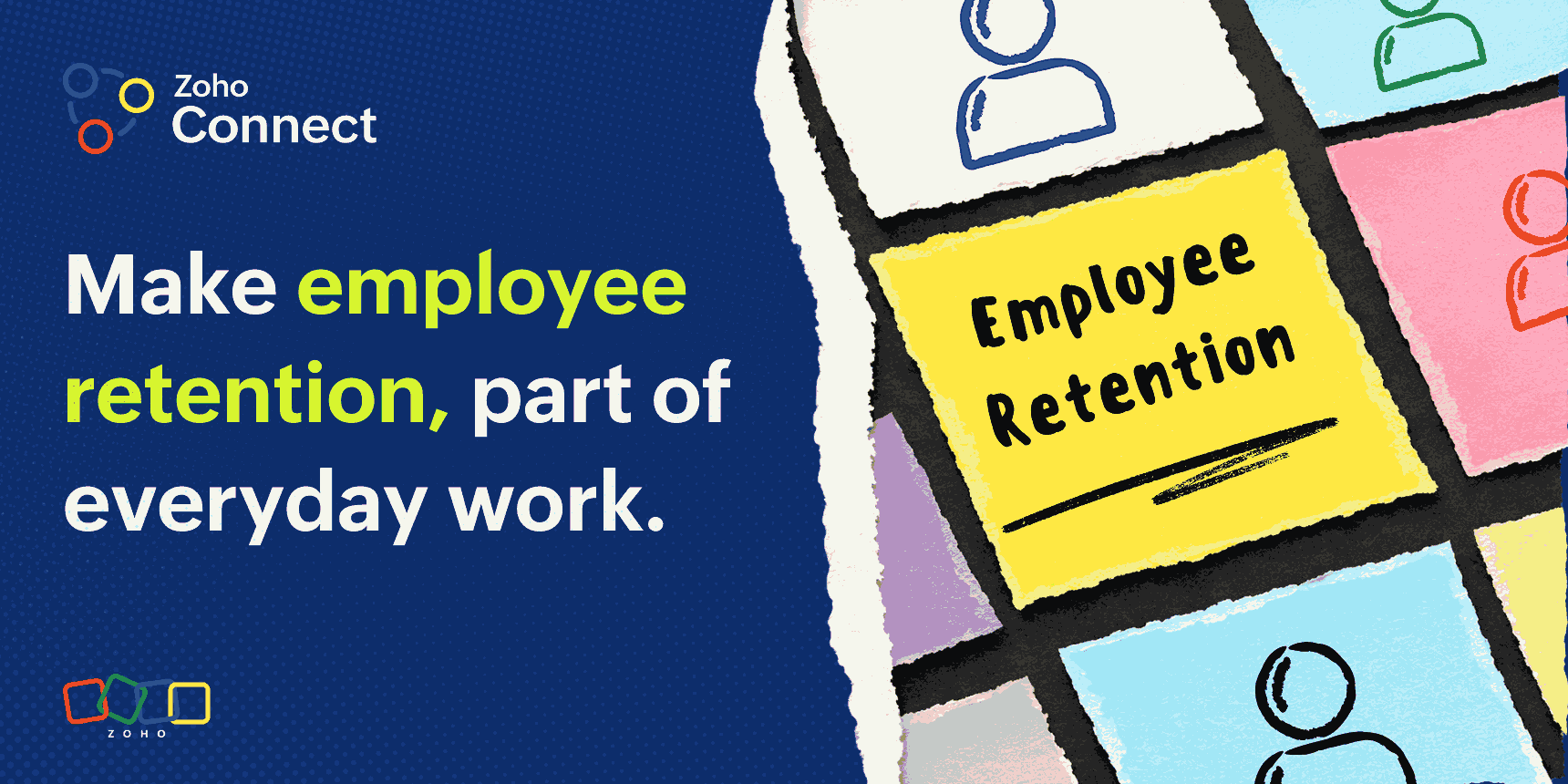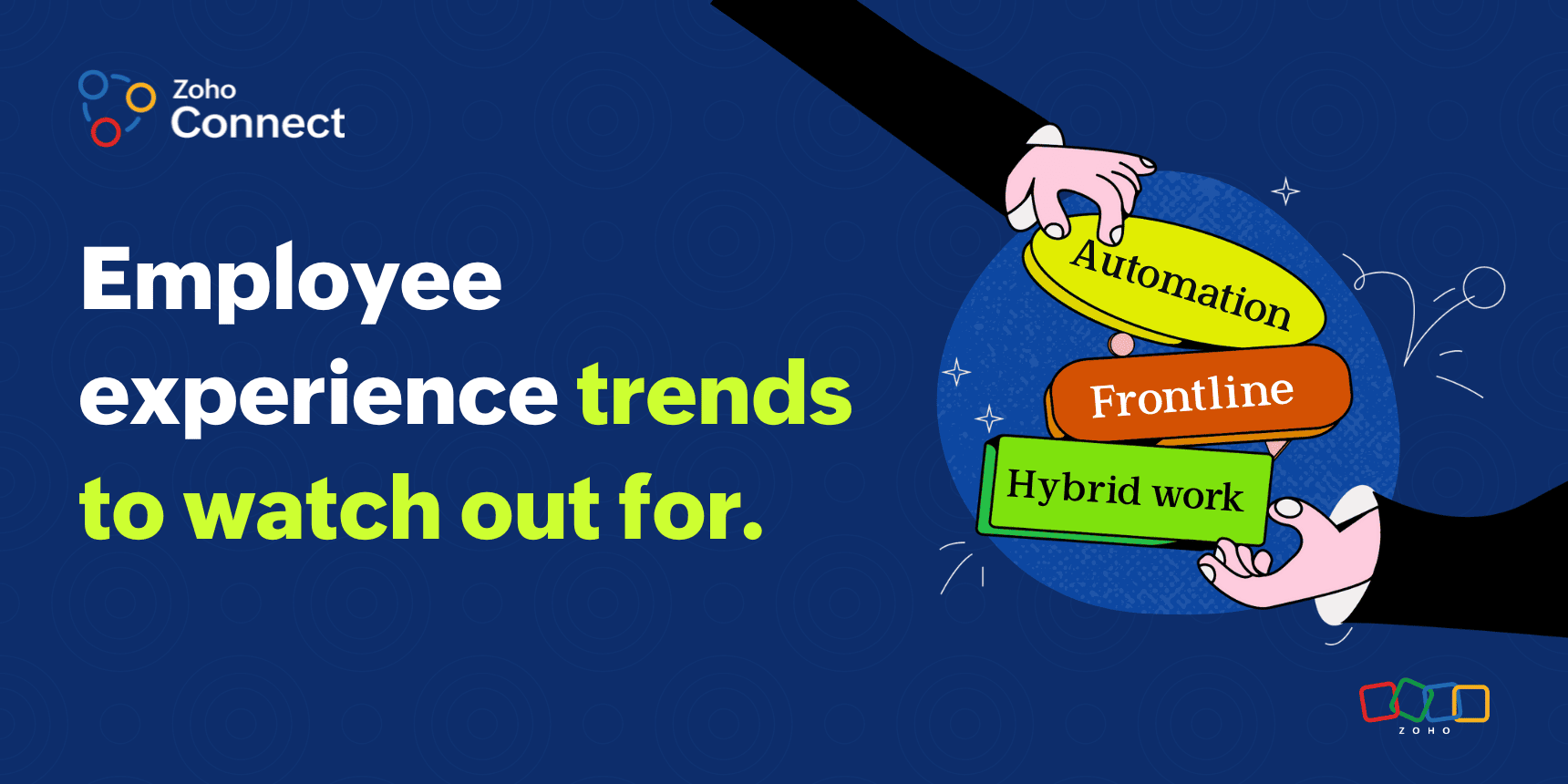- HOME
- More
- Employee Experience
- Empowering the frontline
Empowering the frontline
- Last Updated : May 2, 2024
- 820 Views
- 4 Min Read

Your frontline employees are the backbone of your organization. Yet, far too often, they feel undervalued and disconnected from the bigger picture. The cost of a disengaged frontline can be significant.
Studies show a direct correlation between employee satisfaction and customer experience. When frontline workers feel burned out and disconnected, it translates into a decline in service quality, patience, and overall enthusiasm. This can lead to decreased engagement, and, ultimately, a negative impact on customer experience (CX) and profitability.
So, how can we bridge this gap and empower our frontline workforce? The answer lies in creating a culture of inclusion, openness, and recognition.
Leverage technology for a connected experience
The rise of employee experience (EX) platforms like Connect offer a powerful solution for fostering inclusion. These platforms go beyond traditional communication methods by creating a unified digital space for all employees, regardless of their location or department. They facilitate peer-to-peer recognition, knowledge sharing, and company-wide announcements, nurturing a sense of connection and belonging for frontline workers.
Embrace cross-functional collaboration
Hierarchical structures can often create silos between departments, fostering a sense of isolation and a "us vs. them" mentality. To bridge this gap, companies must actively promote cross-functional collaboration. This means encouraging teams focused on internal operations, like HR or IT, to work hand-in-hand with frontline teams who directly interact with customers, which, in turn, nurtures mutual understanding and appreciation for each other's roles within the bigger picture. Frontline employees gain valuable insights into internal functions that support them, while other departments gain a deeper understanding of the frontline experience and the vital role it plays in customer satisfaction.
Leadership that listens and acts
True leadership goes beyond giving orders. It's about building trust and nurturing open communication. Leaders need to invest time in connecting with frontline employees on a regular basis. This could involve holding town halls, scheduling informal chats, or simply making it a point to spend time with them to understand their challenges. By actively listening to concerns and feedback, leaders can demonstrate their commitment to frontline employees and take steps to address their needs.
Feedback that brings change
Employee surveys are valuable tools for gauging employee sentiment. However, their effectiveness diminishes if the feedback simply gathers dust on a shelf. Companies need to take the next crucial step of actively following up on survey results. This involves communicating back to employees about the feedback received, outlining the specific changes being implemented based on that feedback, and providing updates on the progress of those changes. This demonstrates to frontline employees that their voices are heard and valued, motivating them to stay engaged and provide further feedback in the future.
Investing in development
A critical factor in employee engagement is a sense of growth and development. Investing in training and development programs for frontline employees shows them the company’s commitment to their success. Offer programs that go beyond just technical skills but also focus on soft skills like communication, conflict resolution, and customer service. Additionally, consider offering opportunities for career advancement within the company. Knowing that there's a clear path for growth keeps employees motivated and invested in their long-term future with the company.
Appreciation in action
When it comes to establishing inclusion, tangible actions show employees that they’re valued. Consider offering flexible work arrangements or childcare support programs, acknowledging the diverse needs and responsibilities of your frontline workforce. Celebrate their successes through internal recognition programs, employee of the month awards, or even team-building events.
Giving the frontline a voice
One of the most powerful ways to promote inclusion is by empowering your frontline team. Equip them with the tools and resources they need to address customer needs effectively. Encourage them to share ideas, offer solutions, and participate in decision-making processes that directly impact their roles. When employees feel empowered to make a difference, engagement and morale soar.
Cultivating a culture of respect and diversity
Inclusion means more than just feeling valued as an employee. It's about building a workplace environment that celebrates diversity and respects individual differences. Promote an environment where employees feel comfortable sharing their perspectives, regardless of background or ethnicity. Implement unconscious bias training for all levels of staff to ensure interactions are respectful and inclusive.
Here's why empowering your frontline is crucial
Enhanced engagement: When frontline employees feel valued and understand their role in the company's success, they become more engaged and invested in their work.
Improved customer experience: Empowered frontline staff can make on-the-spot decisions, personalize interactions, and readily address customer concerns, leading to a more positive customer experience.
A boost in innovation: With a direct line to customer needs and challenges, empowered frontline employees become a valuable source of ideas for product and service improvement.
A thriving frontline for a thriving business
By implementing these strategies, companies can create a work environment where frontline employees feel valued, empowered, and heard. This translates directly to a more engaged workforce, a more positive customer experience, and, ultimately, a more profitable and successful business. Zoho Connect goes beyond being just an EX platform. It's a powerful tool designed to bridge the gap between frontline teams and leadership, encouraging cross-functional collaboration, open communication, and a sense of belonging.
Take the first step towards a more inclusive frontline. Sign up for a free trial with us and see how we can transform your frontline experience.


